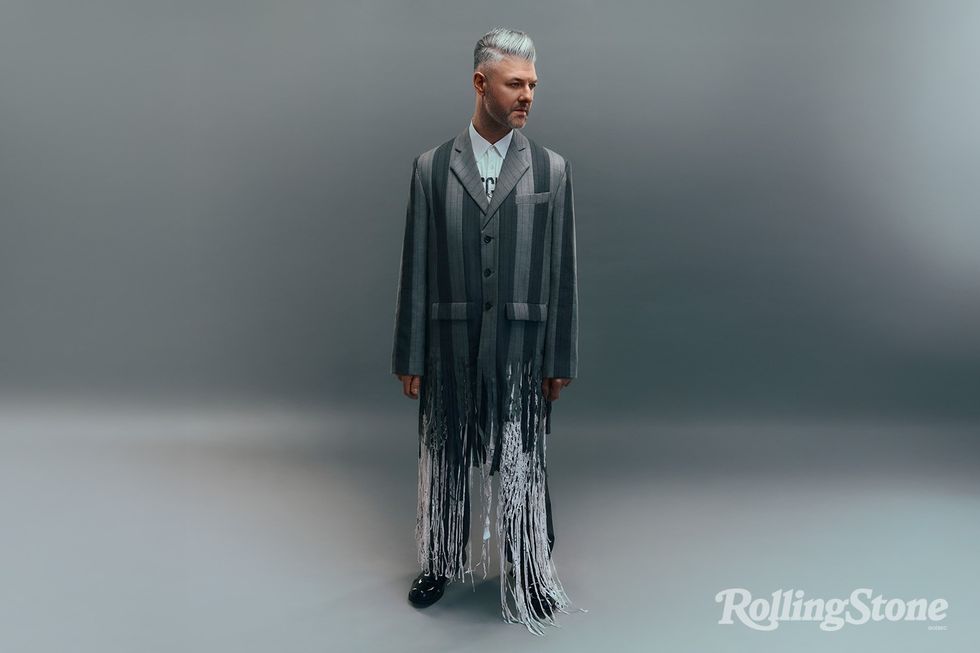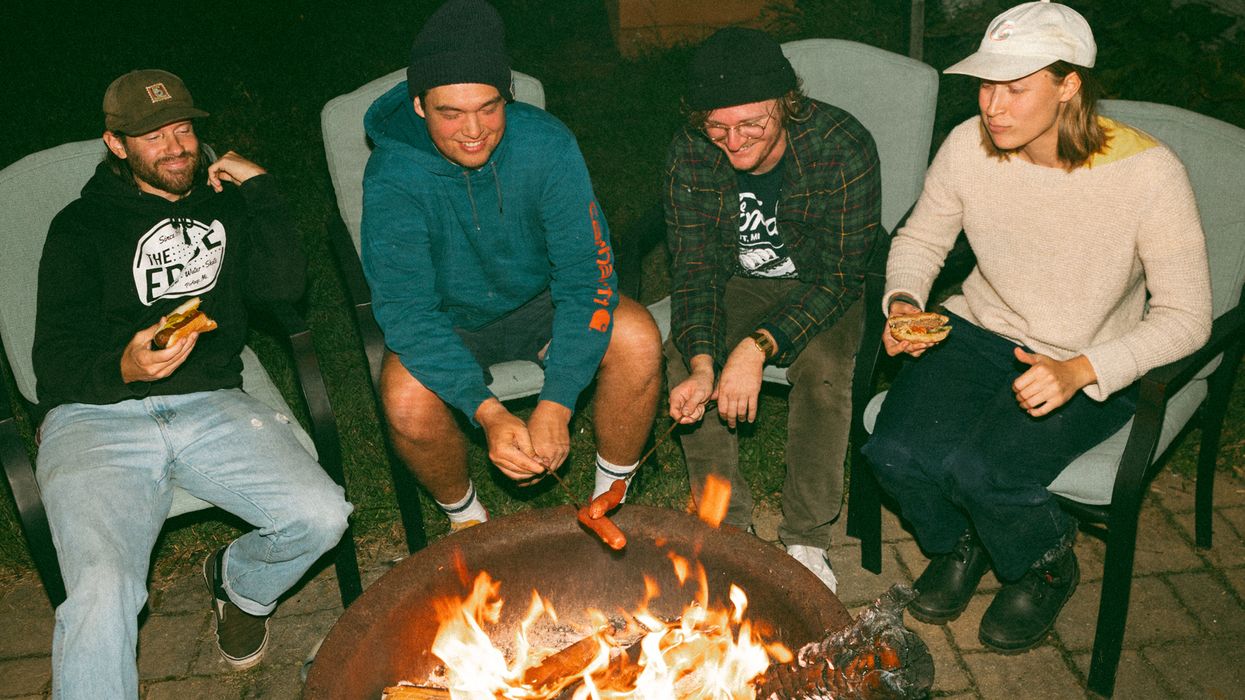There are few people on planet Earth who can rap as fast as J Noa — and even fewer who actually have something to say. On her 2023 debut EP, Autodidactica, the 18-year-old MC from the 5 de Abril barrio in San Cristóbal, Dominican Republic, showcased one of the most nimble flows in rap of any language, along with a penchant for strings-laden throwback beats and a modern perspective. Beyond merely precocious, her voice carries the weight of one who’s seen some things and lived to tell about them.
The frenetic, reggaeton-adjacent stylings of dembow have climbed out of the underground in the Dominican Republic and into the mainstream. But while dembow stars like El Alfa get the dancefloor hyped with artful repetition and rhythmic rapping, J Noa’s lightning-fast lyrics are more likely to stop you cold in your tracks. Her tongue is light but her words heavy, telling stories with real emotional heft about the disenfranchised members of her community and the dangers of the street. On her debut single, “Betty,” she weaves a cautionary tale of teen pregnancy, where a young girl gets taken advantage of and abandoned with her baby, only to leave her own mother with the responsibility of raising the child. The video features J Noa driving a privileged white family around on a golf cart, forcing them to engage with the realities of the barrio that they would rather ignore.
J Noa has been turning heads with her rapid-fire flow since before her age had double digits, but it was a jaw-dropping session on DJ Scuff’s “Frente a Frente” that caught the eye of a Sony Music Latin A&R and led to her record deal. Embracing the moniker of “La Hija del Rap,” she carries the hip-hop torch from her forebears, the Dominican rappers and radio co-hosts Lápiz Conciente (“El Papá del Rap”) and Melymel (“La Mamá del Rap”). And her style evokes old-school MCs like Control Machete or los Violadores del Verso, even if she’s wholly unaware of them. ”I didn’t have a lot of experience with música urbana,” she admits. “I taught myself how to rap first. As a child I only listened to my mom’s music; salsa, bachata, Juan Gabriel.”
Before traveling to Washington, D.C. for NPR’s Tiny Desk Concert series last year — a stunning debut that that served as an introduction for legions of new fans — she’d never performed outside of her neighborhood. But she speaks to issues experienced by kids in every barrio. On the track “Era de Cristal,” she explores the epidemic of depression in young people between boom-bap drums and record scratches, describing the infinite-scrolling downward spiral of social media in vivid detail. On “No Me Pueden Parar,” she acknowledges the give and take of the streets: “La calle te enseña y también te engaña por eso aquí no roncamos” (“The streets teach but they also deceive, which is why we don’t sleep”).
In an era where bombastic flexes and capitalist braggadocio are the norm, J Noa offers a glimpse at a hip-hop future that looks a lot like its distant past, driven by the ethos that you can’t talk it if you ain’t lived it. Her knack for reality raps builds on a long tradition of giving voice to the voiceless, delivered with the passion of the unheard finally given a megaphone. “I grew up in the barrio, and it wasn’t the best place, but it wasn’t the worst,” she says. “The street can teach you good things, but also bad things. I feel a responsibility to defend my barrio. My people are counting on it! I need to represent them.”







 Coat (polyester and wool), shirt (silk), Dries Van Noten, SSENSE.com / Flower (silk), M&S Schmalberg
Coat (polyester and wool), shirt (silk), Dries Van Noten, SSENSE.com / Flower (silk), M&S Schmalberg
 Blouson (denim and hand embroidered patches), WJ Crosson / Shit (polyester), Homme plissé Issey Miyake, Holt Renfrew/Pants from personal collection/ Shoes(canvas), Marni
Blouson (denim and hand embroidered patches), WJ Crosson / Shit (polyester), Homme plissé Issey Miyake, Holt Renfrew/Pants from personal collection/ Shoes(canvas), Marni Jacket and pants (virgin wool), shirt (acrylic coated cotton), Moschino / Shoes from Pierre Lapointe's personal collection
Jacket and pants (virgin wool), shirt (acrylic coated cotton), Moschino / Shoes from Pierre Lapointe's personal collection








